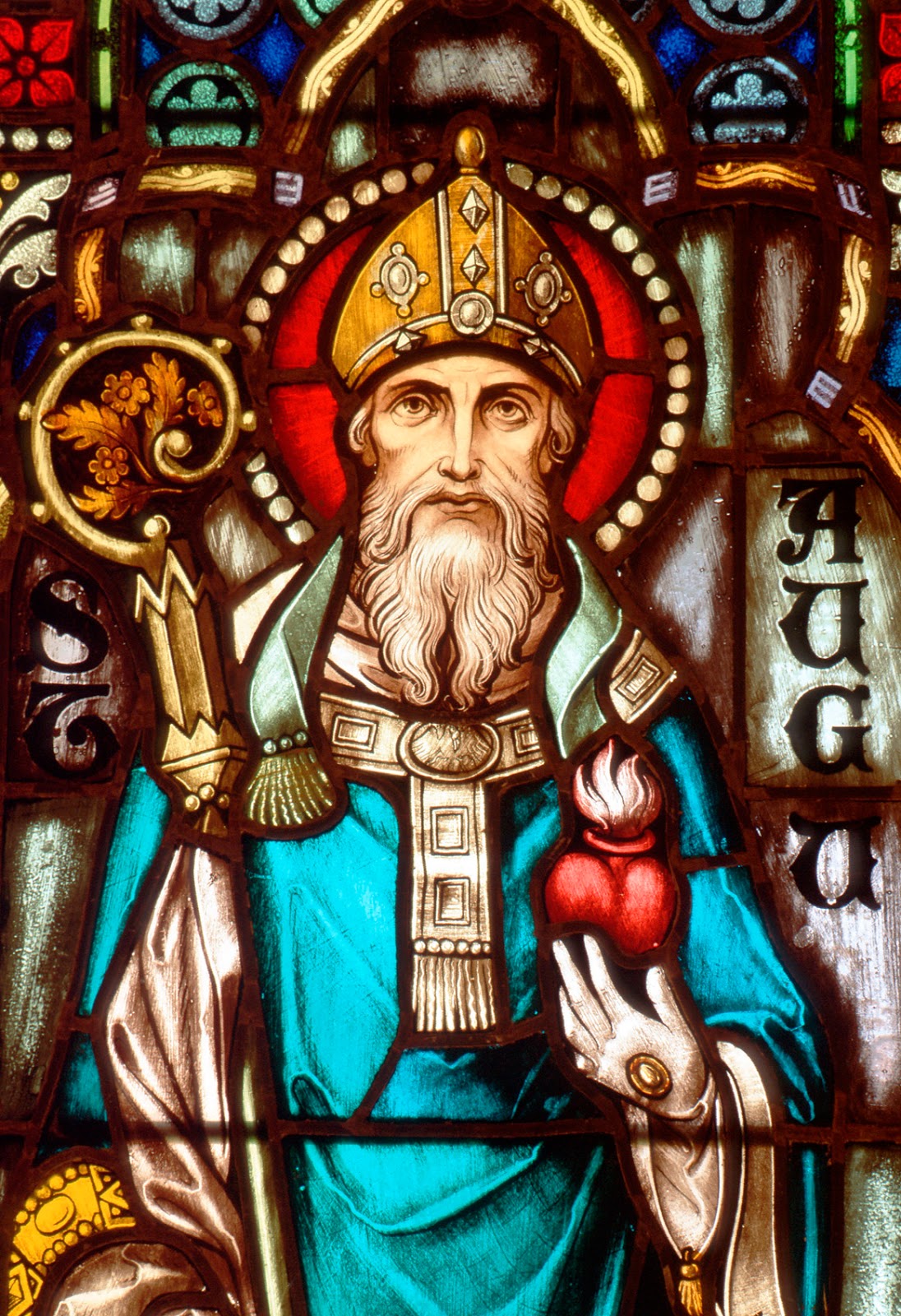Great Christian Thinkers: Shaping Faith Across Centuries
The tapestry of Christian history is richly woven with the threads of profound theological reflection and intellectual pursuit. Among its most colorful and influential threads are those contributed by Great Christian Thinkers, whose insights and works have deeply influenced Christian belief and practice over the centuries. As someone who has navigated the complexities of faith amidst doubt, discovery, and a journey toward deeper understanding, I find the legacy of these thinkers particularly resonant.
Historical Context and Key Figures
In the early days of Christianity, the faith was spreading rapidly across diverse regions, each with its own philosophical traditions and questions. This period demanded robust theological reflection to articulate the Christian faith in a way that was both true to the teachings of Jesus and engaging with contemporary cultural and intellectual contexts. Great Christian Thinkers such as Augustine of Hippo, Thomas Aquinas, and Martin Luther emerged in this milieu, each contributing significantly to the development of Christian theology.

Augustine’s writings, for example, dealt with the nature of God, the problem of evil, and the concept of predestination, setting foundational stones for Western Christian thought. Thomas Aquinas worked tirelessly to reconcile Christianity with the rediscovered philosophy of Aristotle, giving birth to a systematic theology that integrated faith with reason. Martin Luther’s theological insights ignited the Protestant Reformation, challenging the ecclesiastical structures of his time and emphasizing the justification by faith alone.
Theological Implications
The work of these thinkers had profound theological implications, shaping not only the doctrinal contours of Christianity but also the personal spirituality of believers. For instance, Augustine’s concept of original sin and God’s grace influenced the church’s understanding of human nature and salvation. Aquinas’ synthesis of faith and reason opened avenues for Christians to engage with scientific inquiry and philosophy without abandoning their faith. Luther’s emphasis on scripture and personal faith democratized religious experience, highlighting the importance of a direct relationship with God.
Encountering Diverse Perspectives
Exploring the contributions of Great Christian Thinkers also invites us to appreciate the diversity within Christian tradition. Their theological reflections, born out of specific historical contexts and personal convictions, showcase the richness of Christian thought. It’s a testament to the dynamic and living nature of faith, which continually engages with new questions and challenges.
My personal journey of faith and reason resonates deeply with this dynamic engagement. Working in technology and experiencing firsthand the intricacies of creation through the lens of artificial intelligence, I’ve found a compelling dialogue between the empirical world and the transcendent realm of faith. This dialogue mirrors the endeavors of Christian thinkers who navigated the relationship between faith and the intellectual currents of their time.
Contemporary Relevance
The legacy of Great Christian Thinkers is not confined to the past; it has enduring relevance for today’s believers. In a world where faith often seems at odds with advancements in science and technology, their lives remind us that Christianity has a rich intellectual tradition that engages thoughtfully with the world’s complexities. Their example encourages contemporary Christians to explore, question, and deepen their faith, engaging with current challenges in light of biblical teaching and theological reflection.
Reflecting on their contributions, I’m reminded of Overcoming Loneliness Through Faith and Exploring the Creation Story: Insights for Faith and Life, where the themes of communion with God and stewardship of His creation echo the theological insights and questions tackled by these thinkers. Engaging with historical Christian thought enriches our understanding and practice of faith in profound ways.
Further Reading and Resources
For those intrigued by the intellectual heritage of Christianity and wishing to delve deeper, I recommend starting with Augustine’s “Confessions,” Aquinas’ “Summa Theologica,” and Luther’s “Freedom of a Christian.” These works not only offer a glimpse into the minds of their authors but also invite us into a dialogue with the Great Thinker within each of us, as we navigate our own faith journeys in the modern world.
In conclusion, the lives and legacies of Great Christian Thinkers serve as a beacon, guiding us through the labyrinth of faith and reason. Their enduring insights remind us that at the heart of the Christian faith lies a call to love God with all our mind, as well as our heart and soul. As we continue to explore the depths of this calling, may we find ourselves inspired and equipped to engage with the world in ways that reflect the wisdom, compassion, and justice of Christ.
Focus Keyphrase: Great Christian Thinkers




It’s fascinating to see how the thoughts and reflections of Great Christian Thinkers like Augustine, Aquinas, and Luther have woven through the fabric of Christian history, shaping not just theological understandings but also personal faith journeys. This article aims to elucidate their contributions and resonate with anyone on a path of faith intertwined with questions and reflections. Their legacy reminds us that faith and intellect are far from being mutually exclusive but are, in fact, deeply complementary.
Once again, your article has opened a window to the rich intellectual heritage of Christianity, reminding us that our faith is not just a matter of the heart but very much a matter of the mind as well. I was particularly drawn to how you linked their historical contributions to current challenges, showing the perpetual relevance of their thoughts. It’s a reminder that in every age, Christianity has engaged robustly with contemporary issues through a deep well of thought and faith. Articles like this help dispel the myth that faith is antithetical to intellectual inquiry and I’m grateful for the thoughtful compilation and analysis.